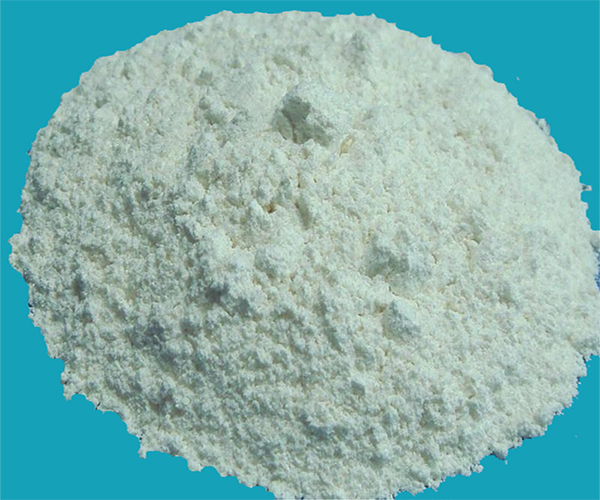Zinc carbonate (ZnCO₃) is a white, odorless, and water-insoluble compound that occurs naturally as the mineral smithsonite. It is typically synthesized by reacting zinc sulfate or zinc chloride with sodium carbonate. Zinc carbonate decomposes when heated, releasing carbon dioxide (CO₂) and forming zinc oxide (ZnO). It is often found in its basic hydrated form, such as Zn₅(CO₃)₂(OH)₆, which contributes to its stability and industrial utility. While generally low in toxicity compared to other metal carbonates, proper handling is still advised.
Uses of Zinc Carbonate
Rubber Industry: Acts as a filler and reinforcing agent in rubber products to improve durability and heat resistance.
Ceramic Glazes: Used in ceramics to create glossy finishes and stabilize glazes during firing.
Cosmetics: Incorporated into powders and creams as a mild abrasive or absorbent due to its gentle texture.
Pharmaceuticals: Serves as a topical antiseptic or anti-inflammatory agent in medicated ointments.
Agriculture: Applied as a zinc supplement in fertilizers to address soil deficiencies and promote plant growth.
Flame Retardants: Added to plastics and textiles to enhance fire resistance by releasing CO₂ during decomposition.
Zinc Oxide Production: A precursor for manufacturing zinc oxide, widely used in sunscreens, paints, and batteries.
 English
English Español
Español Português
Português Français
Français Deutsch
Deutsch Русский
Русский 中文
中文 日本語
日本語
